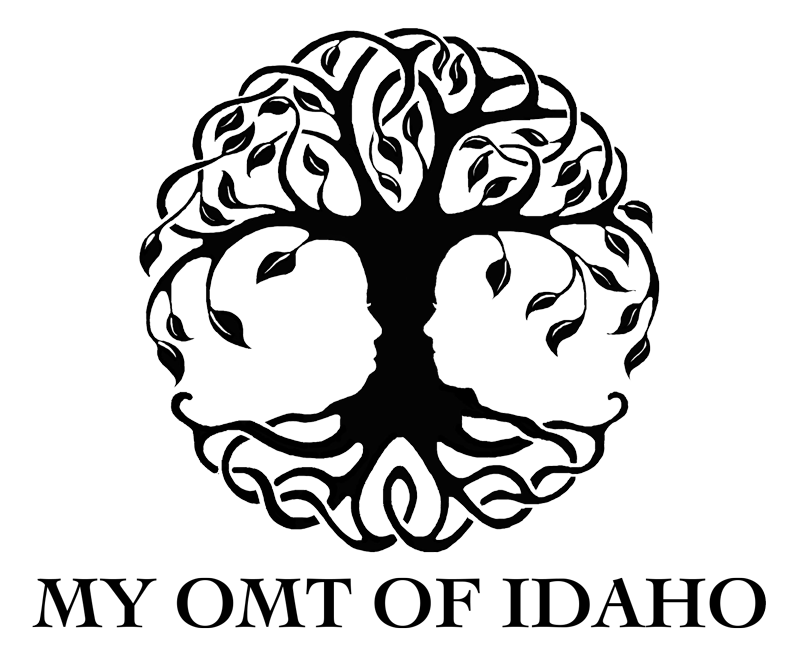Follow Us x
Sleep Disordered Breathing
Sleep Apnea Treament in Boise, ID
Sleep apnea is a common sleep disorder where a person is unable to breath properly during sleep. It can occur when the upper airway is blocked, stopping airflow. Symptoms may include snoring, breathing pauses, gasping or making choking noises. Most common form is obstructive sleep apnea (OSA), which varies from mild to severe. A more serious form is central sleep apnea (CSA), where you repeatedly stop breathing while you sleep because your brain doesn't let your muscles know to take in air.
Upper Airway Resistance Syndrome (UARS), is another type of sleep disorder. It occurs when there is a narrowing of the air passages, or the tongue collapses in the back of the throat during sleep. Patients with UARS require more effort in breathing to get past obstructions.
Both OSA and UARS often present themselves with symptoms such as snoring, daytime sleepiness, fragmented sleep, and fatigue. The key difference between the two is that apneas (pauses in breathing), and hypopneas(decrease in breathing), are either absent or very low in patients with UARS. Also, in UARS patients, it is more prevalent in women with a normal body weight. Patients who ignore UARS can develop OSA over time and risk serious health issues.
While CPAP is still the best option for those suffering from sleep disorder breathing issues, dental appliances have become a useful alternative to mild and moderate forms of sleep apnea. It is imperative to have a proper diagnosis from a sleep specialist first and foremost.
Myofunctional therapy can be a useful adjunct for those suffering with sleep apnea. Strengthening and repatterning the oral muscles can ease the symptoms of sleep apnea. Research shows that myofunctional therapy can reduce a patients apnea/hypopnea index (AHI), by as much as 50%. However, those who suffer with severe sleep apnea will benefit the best with a CPAP, but many with mild to moderate sleep apnea notice great improvement in the quality of their sleep with myofunctional therapy.

